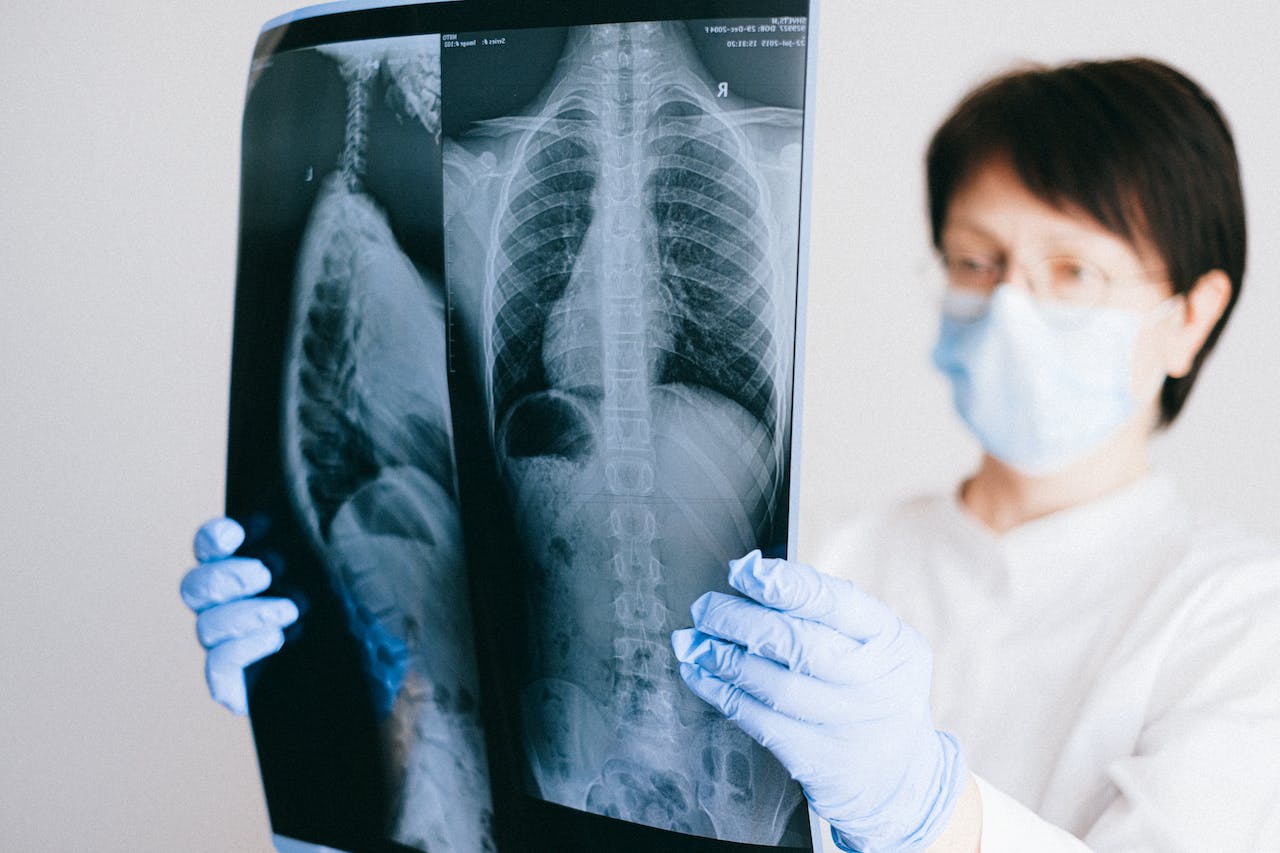Are you considering undergoing IVF but unsure of what to expect? It’s important to fully understand the process and what it entails before making any decisions. This comprehensive guide will provide you with all the information you need to know about IVF, from its definition to what you can anticipate throughout the journey.
Wondering What IVF Is? Look No Further!
IVF, or in vitro fertilisation, is a procedure commonly used to treat various fertility issues. It involves combining eggs and sperm in a laboratory setting to facilitate fertilisation and achieve pregnancy.
The IVF process typically begins with the stimulation of the ovaries to produce multiple mature eggs. This is done using hormone medications to encourage the growth of ovarian follicles. The eggs are then retrieved through a minor surgical procedure under anaesthesia.
At the same time, a sperm sample is collected and prepared in the laboratory. The eggs and sperm are then combined in a petri dish and monitored for fertilisation. Once fertilised, the embryos are allowed to develop for a few days.
After the embryos have reached a certain stage of development, one or more of the highest quality embryos are selected for transfer into the woman’s uterus. This is typically a simple procedure that does not require anaesthesia. The remaining embryos can be cryopreserved (frozen) for future use, if desired.
IVF may be recommended for individuals or couples experiencing fertility challenges due to various reasons. These can include damaged fallopian tubes, endometriosis, male factor infertility, or unexplained infertility.

Who Can Have IVF?
In vitro fertilisation is a widely used and highly effective assisted reproductive technique that offers hope to those struggling with infertility. While IVF can be a viable option for many, it is important to understand who can benefit from this procedure and what factors may contribute to its success.
Who Might Be Recommended to Have IVF?
IVF is recommended for various reasons, especially when natural conception becomes challenging. IVF is typically suggested for women with blocked or damaged fallopian tubes, as it bypasses the need for the tubes to transport the fertilised egg to the uterus.
Furthermore, individuals with unexplained fertility problems or unsuccessful treatments may benefit from IVF.
Men with low sperm counts or abnormal sperm may also be recommended for IVF. The technique of intracytoplasmic sperm injection (ICSI) can be used during IVF to directly inject a single sperm into an egg, overcoming certain male infertility issues.
Women with ovulation difficulties, whether due to hormonal imbalances or other factors, may find IVF as a suitable treatment option. The procedure involves hormone stimulation to promote the growth of multiple eggs, which can then be retrieved and fertilised in the laboratory.
IVF can also be beneficial for older women who may experience a decline in fertility as they age. By using IVF, older women have the opportunity to conceive using their own eggs or through the use of donor eggs.
Speaking to Your GP About IVF
If you are experiencing difficulty getting pregnant, it is important to speak to your GP about your concerns. Your GP can provide guidance and support, and if necessary, refer you to a fertility specialist who can further assess your situation.
When discussing IVF with your GP, it is helpful to come prepared with important questions. You may want to ask about the available treatment options, including any alternatives to IVF that may be suitable for you. Enquire about the potential risks and benefits associated with IVF, as well as the success rates for individuals or couples in similar circumstances.
Another important aspect to discuss is whether IVF is available through the NHS in your area or whether you will need to pursue private treatment. It is crucial to know what expenses may be involved and if there are any financial support options available to you.
Approach the conversation with your GP in a calm and open manner. Remember that they are there to support you and help guide you towards the most appropriate steps for your fertility journey. By openly discussing your concerns and asking the right questions, you can gain a better understanding of the options available to you and make informed decisions about your reproductive health.

Chances of Success
When considering IVF, it is important to understand the factors that can influence the chances of success. One of the primary factors is maternal age. As women grow older, their fertility declines, and this can impact the success rate of IVF. Younger women generally have higher success rates compared to older women.
Another factor to consider is the antral follicle count. This measures the number of small follicles present in the ovaries and serves as an indicator of ovarian reserve. A higher antral follicle count is usually associated with better IVF outcomes.
Anti-Müllerian hormone (AMH) levels are another biomarker that can affect the chances of success in IVF. AMH levels reflect the number of eggs remaining in the ovaries. Higher AMH levels are typically associated with a higher chance of success.
DNA fragmentation, which refers to damage in the sperm’s genetic material, is another important factor. High levels of DNA fragmentation can reduce the chances of pregnancy in IVF.
Other determinants that impact the outcome of IVF include preconception lifestyle and maternal health. It is important for women to maintain a healthy lifestyle, including regular exercise, a balanced diet, and avoiding smoking or excessive alcohol consumption.
Overall, while there are many factors that can influence the chances of success in IVF, it is essential to discuss these with your healthcare provider to get a personalised understanding of your specific situation.
Risks of IVF
While IVF has brought hope to millions of couples, it is important to be aware of the potential risks associated with the procedure.
One of the major risks of IVF is the possibility of multiple births. Due to the transfer of multiple embryos, there is an increased chance of conceiving twins, triplets, or more. Multiple pregnancies carry a higher risk of complications, such as premature delivery, low birth weight, and neonatal health issues. In the UK, patients are encouraged to transfer single embryos, which significantly reduces the likelihood of multiple births.
Miscarriage is also a concern in IVF pregnancies, with around 15-20% of pregnancies conceived through IVF resulting in a miscarriage.
Another potential risk is an ectopic pregnancy, where the embryo implants outside of the uterus, typically in the fallopian tubes. Ectopic pregnancies can be life-threatening and require immediate medical intervention.
Additionally, complications can arise during the egg retrieval process, such as bleeding, infection, or damage to surrounding organs. While these complications are rare, they are important to be aware of.
Ovarian Hyperstimulation Syndrome (OHSS) is another potential risk of IVF. This condition occurs when the ovaries are overstimulated, resulting in swollen and painful ovaries, fluid accumulation in the abdomen, and in severe cases, blood clots or kidney problems.
It is essential for couples considering IVF to be fully informed about the potential risks and to consult with their fertility clinic to understand their individual chances and factors that may increase or decrease these risks.
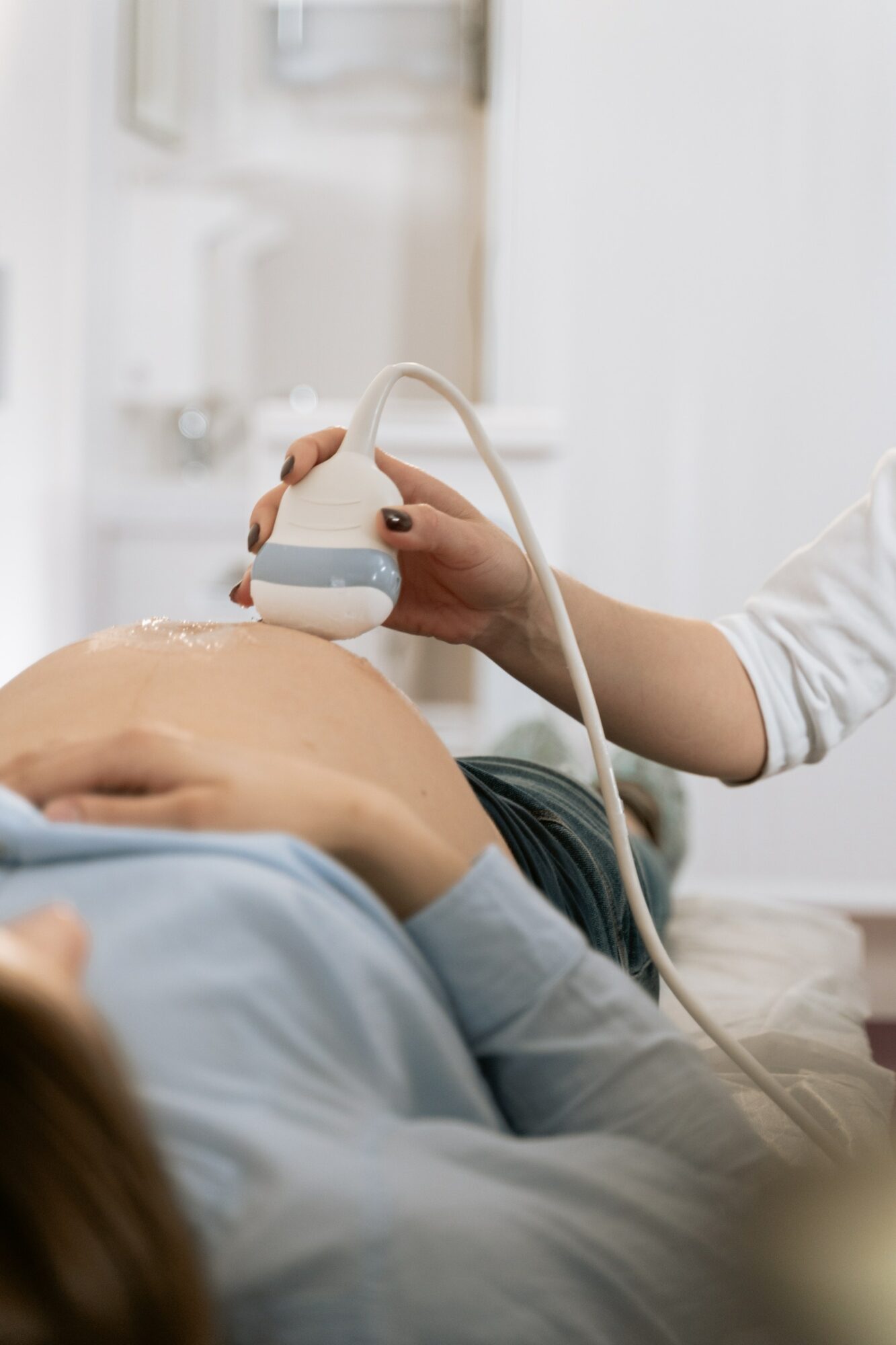
What You Can Expect From IVF
While IVF can be an effective solution for many, it can be lengthy, costly, and emotionally taxing, so it is important to understand what to expect throughout the process.
Treatment to Make Mature Eggs
During the IVF process, one of the key steps is the treatment to stimulate the ovaries and promote the development of multiple mature eggs. This treatment, known as ovarian stimulation, involves the use of lab-made hormones to mimic the natural reproductive process.
To initiate ovarian stimulation, a hormone called follicle-stimulating hormone (FSH) is administered. FSH helps the ovaries produce several follicles, each containing an immature egg. These follicles serve as the potential egg sources for the IVF procedure.
During the ovarian stimulation phase, the levels of FSH are closely monitored using vaginal ultrasounds and blood tests. These tests allow the medical team to track the growth and development of the follicles. The goal is to stimulate the ovaries to produce enough mature eggs for retrieval.
To prevent premature ovulation, luteinising hormone (LH) levels are also monitored. LH surge triggers ovulation, which could disrupt the IVF process. To delay ovulation until the eggs are mature, a hormone called human chorionic gonadotropin (HCG) may be administered.
Once the follicles reach the desired size and have mature eggs inside, the next step is egg retrieval.
Egg Retrieval
During the IVF process, a crucial step is the egg retrieval procedure, also known as transvaginal oocyte retrieval. This procedure is performed using a transvaginal technique, which allows the medical team to access the ovaries and retrieve the mature eggs.
To begin, the patient is placed under sedation for comfort during the procedure. An ultrasound-guided needle is then used to puncture the vaginal wall and reach the ovaries. This ensures precise targeting of the ovarian follicles where the eggs are located.
Once the needle is positioned, a gentle suction device is inserted through the needle. The follicles are aspirated, drawing out the fluid-containing eggs. This process is repeated for each follicle to retrieve as many eggs as possible.
The retrieved eggs are then carefully examined by the laboratory staff to assess their quality and maturity. Any immature eggs may not be suitable for fertilisation.
Egg retrieval is a crucial and delicate stage of the IVF process, but it is generally considered a safe procedure. Some patients may experience mild discomfort or bloating afterward, but this usually resolves within a few days.
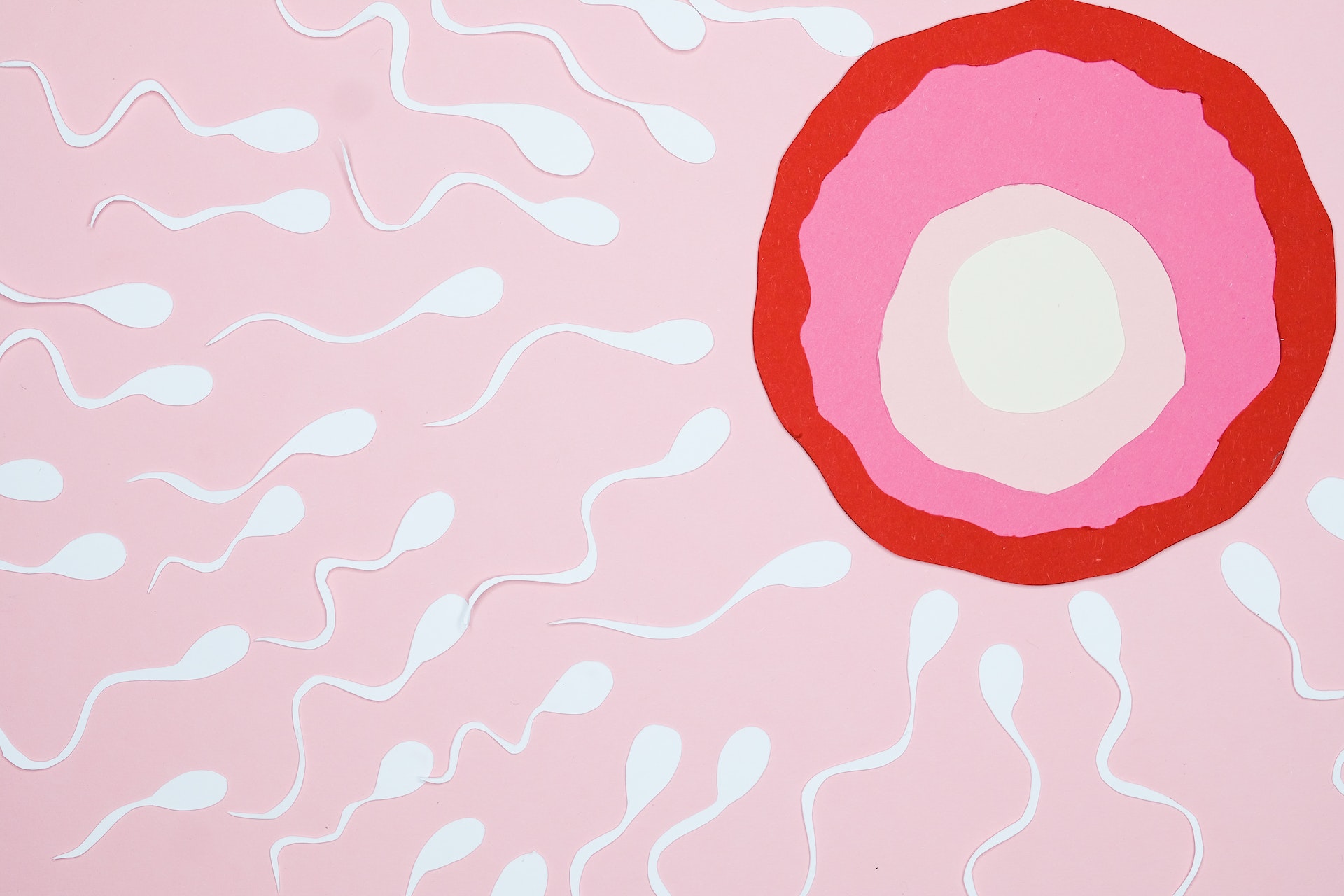
Sperm Retrieval
Sperm retrieval is another critical step in the IVF process, as it involves obtaining viable sperm for fertilisation. There are several methods that can be used to collect a semen sample for IVF.
The most common method is through masturbation. The patient is provided with a private room where they can collect the sample. It is important to abstain from ejaculation for a period of two to five days prior to the procedure to ensure an adequate sperm count.
In some cases, if there are issues with sperm production or blockages in the reproductive tract, alternative methods may be used. Testicular aspiration is a procedure where a needle is used to directly extract sperm from the testicles. This method is usually performed under local anaesthesia.
Another option is to use donor sperm. This can be a viable choice for individuals or couples who are unable to produce sperm or have concerns about sperm quality.
Fertilisation
Once the semen sample is obtained, the sperm is united with the retrieved eggs through either insemination or intracytoplasmic sperm injection (ICSI). Insemination involves placing the sperm directly into the culture dish containing the eggs. ICSI, on the other hand, involves injecting a single sperm directly into each mature egg.
ICSI is especially useful in cases where there are concerns about sperm quality or when previous fertilisation attempts have failed. This technique increases the chances of successful fertilisation as it bypasses any barriers that may hinder sperm-egg interaction.
On average, the fertilisation rate through ICSI is around 70-80%. This high success rate ensures that the eggs are effectively fertilised, giving hope to individuals or couples struggling with infertility.
Additionally, IVF offers the option of freezing eggs before the fertilisation process. This allows for future use if a couple decides to delay parenthood or needs to undergo additional fertility treatments. Freezing eggs not only provides an opportunity for preservation but also helps optimise the chances of a successful pregnancy in the future.
Blastocyst Development
Blastocyst development is the next stage of IVF, where the fertilised eggs develop into more advanced embryos before being transferred into the uterus. This stage typically occurs around five to six days after fertilisation.
During blastocyst development, the embryos continue to divide and grow while differentiating into two distinct parts: the inner cell mass, which eventually becomes the foetus, and the outer trophoblast cells, which contribute to the development of the placenta. This differentiation is a promising sign of embryo viability.
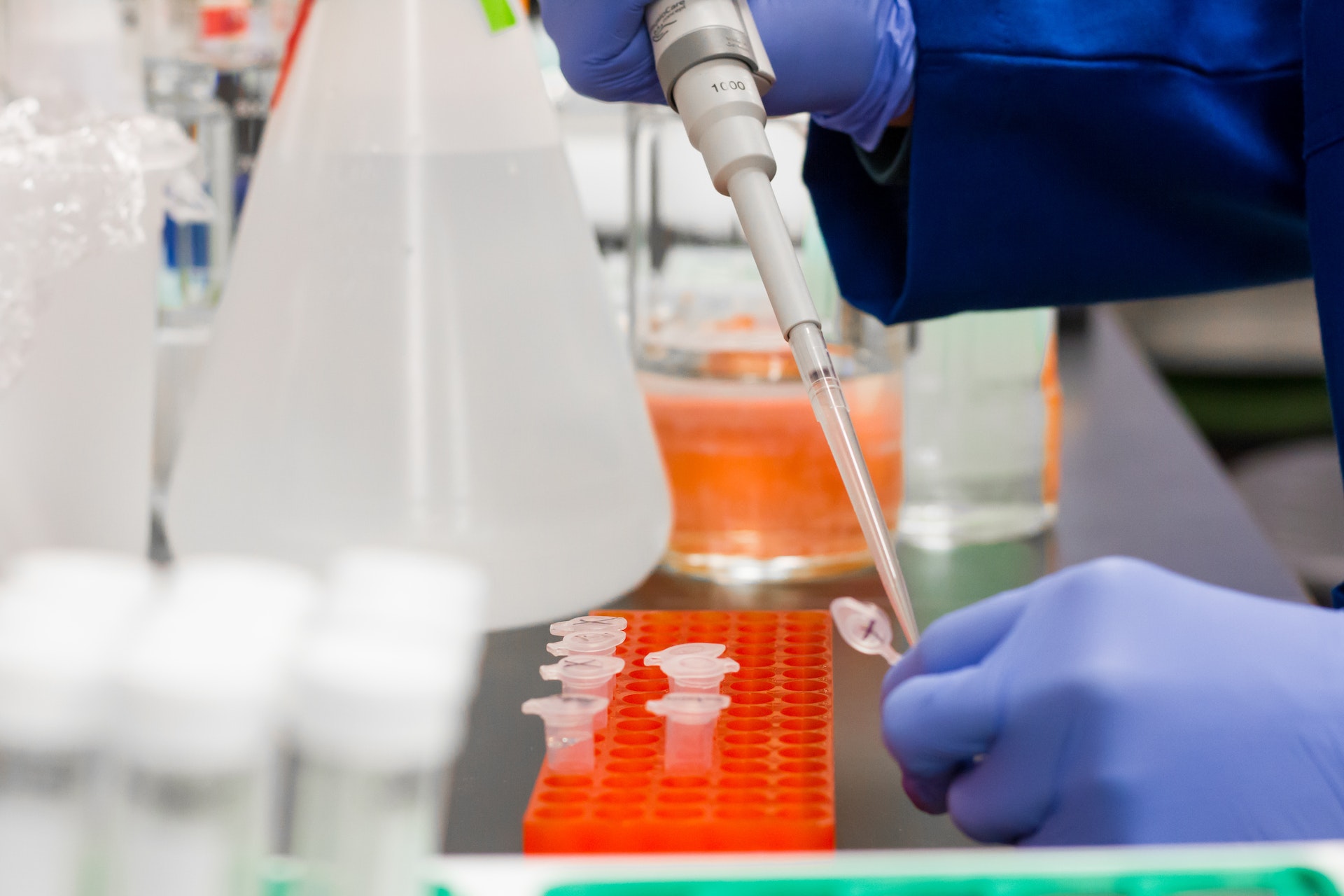
Embryo Transfer
Embryo transfer is the next step in the IVF process. This involves the embryos, created through fertilisation in a laboratory, being transferred into the uterus. During this procedure, the embryos are carefully placed into the uterine cavity, ensuring their optimal chances of implantation and pregnancy.
There are two types of embryo transfers: fresh embryo transfer and frozen embryo transfer. In a fresh embryo transfer, the embryos are transferred into the uterus shortly after they are fertilised. This is typically done during the same IVF treatment cycle. On the other hand, in a frozen embryo transfer, the embryos are cryopreserved and saved for future use. They are thawed and transferred into the uterus in a subsequent treatment cycle.
After the Procedure
After the IVF procedure, it is important for patients to take certain measures for post-procedure care. While the recovery process may vary from person to person, here are some general guidelines to keep in mind.
Patients can typically resume their normal activities soon after the procedure. However, it is advisable to avoid any strenuous exercise or heavy lifting for a few days. It is important to listen to your body and take rest when needed.
One of the common side effects after IVF is the passing of clear or bloody fluid. This is known as vaginal spotting and is considered normal. However, if you experience heavy bleeding or severe abdominal pain, it is essential to contact your healthcare provider.
Breast tenderness may also be experienced after the procedure. This is due to the hormonal changes that occur during IVF. Wearing a supportive bra can help alleviate discomfort.
Bloating and mild abdominal cramping are also common side effects. These can be managed by drinking plenty of fluids, avoiding carbonated beverages, and eating smaller, more frequent meals.
Constipation is another potential side effect. Maintaining a high-fibre diet and staying hydrated can help prevent or alleviate this issue.
If you have any concerns or questions regarding your post-procedure care or side effects, it is always best to consult your fertility specialist. They can provide personalised guidance and support throughout your IVF journey.
FAQs
How Safe is IVF?
IVF is generally considered safe in the UK. The UK has stringent regulations and guidelines for IVF clinics, ensuring the safety of both the mother and the potential child. The Human Fertilisation and Embryology Authority (HFEA) is the primary regulatory body overseeing IVF and other fertility treatments in the UK. They work to ensure that all fertility clinics adhere to specific standards and best practices.
A few points regarding the safety of IVF in the UK:
- Regulation and Oversight: All clinics providing IVF in the UK must be licensed by the HFEA. The HFEA conducts regular inspections and has the power to revoke a clinic’s license if they do not meet safety and quality standards.
- Data Transparency: The HFEA also publishes data about the success rates and patient feedback for each licensed clinic, providing transparency for potential patients.
- Risks: Like any medical procedure, IVF carries some risks. Common side effects of IVF include bloating, mood swings, headaches, and breast tenderness due to hormone injections. There’s also a risk of ovarian hyperstimulation syndrome (OHSS), where the ovaries swell and become painful, but this is rare. Multiple pregnancies (twins, triplets, etc.) are more common with IVF than with natural conception, which can carry additional risks for both the mother and the babies.
- Egg Retrieval Procedure: This is generally considered low risk, but complications can occasionally occur, like bleeding, infection, or injury to surrounding structures.
- Emotional Aspects: IVF can be emotionally draining, especially if treatments are unsuccessful. Many couples experience stress, anxiety, or depression during or after treatments.
- Birth Outcomes: Some studies suggest that IVF may be associated with a slightly increased risk of birth defects. However, it’s unclear if this is due to the treatment itself or underlying genetic factors. It’s worth noting that the absolute risk remains low.
- Financial Implications: While the NHS in the UK covers some IVF treatments, not everyone is eligible, and there might be waiting lists. Private clinics can be costly, adding financial stress for some couples.
In conclusion, IVF in the UK is generally safe, particularly when considering the stringent regulatory environment and the oversight provided by the HFEA. As with all medical treatments, it’s essential to be informed about the potential risks and benefits and to discuss any concerns with a healthcare professional.
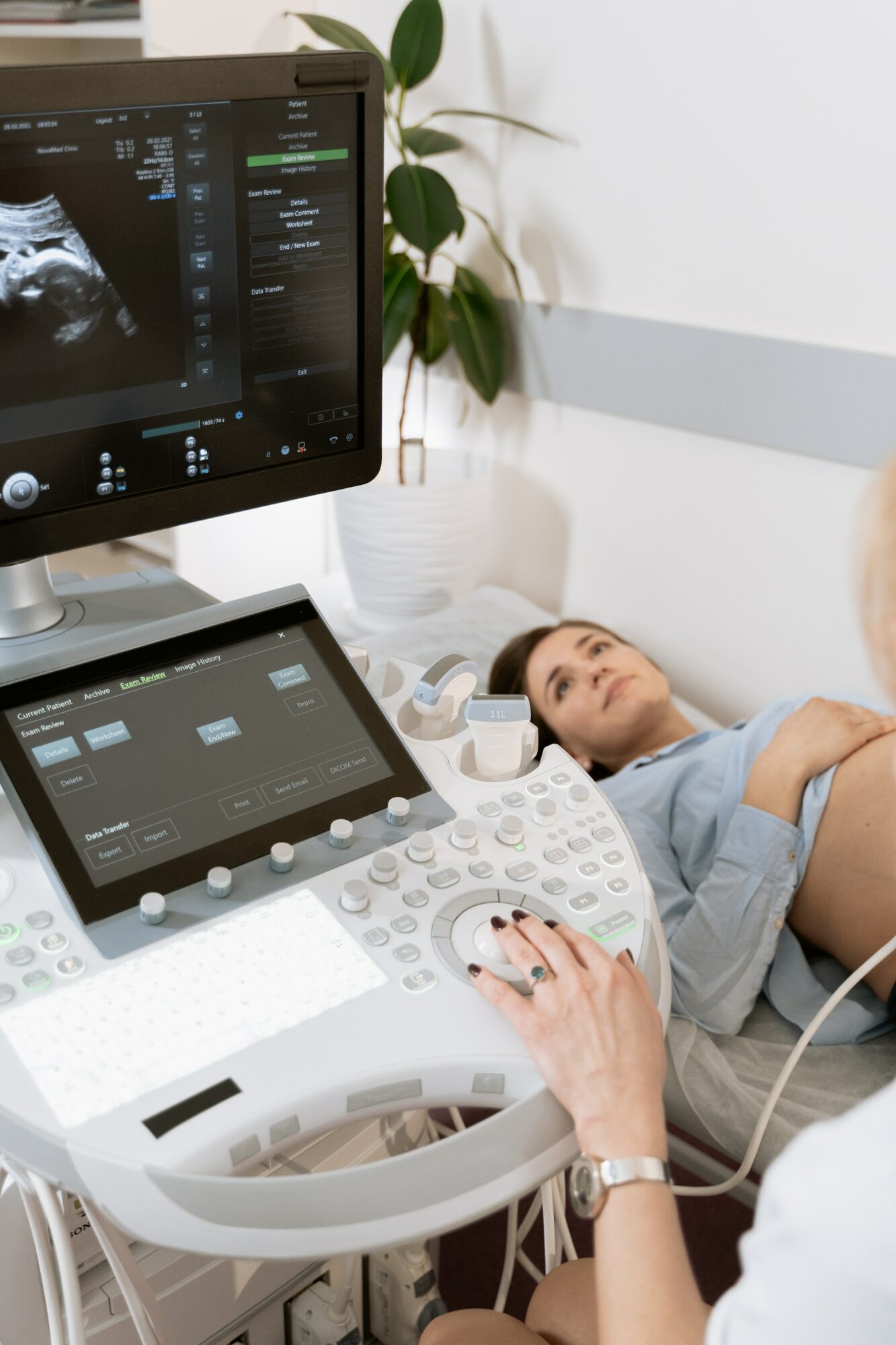
How Long Does IVF Take?
The duration of the IVF process can vary from person to person, but on average, it lasts four to six weeks. This includes all stages of treatment, from the start of fertility medication until the final pregnancy testing.
It is important to note that women often require a break between IVF treatment cycles, affording their bodies time to recover, so the process of trying for a baby with IVF may take longer if multiple cycles are required.
Can I Have IVF on the NHS?
In England and Wales, access to IVF treatment on the NHS is determined by certain eligibility criteria, which may vary depending on the local area. The guidelines provided by the National Institute for Health and Care Excellence (NICE) on fertility recommend that individuals or couples struggling with infertility should be offered up to three cycles of NHS-funded IVF treatment, under certain circumstances.
It is important to note that while the NHS provides IVF treatment, there may be variations in the specific criteria and availability based on local NHS providers. In some cases, individuals or couples may choose to seek IVF treatment at a private clinic, where a wider range of options and treatments may be available.
Speaking with a healthcare professional, such as a gynaecologist or fertility specialist, is crucial to determine if you meet the eligibility criteria for NHS-funded IVF treatment and to explore your options in-depth.
How Much Does IVF Cost?
The cost of IVF in the UK varies based on several factors, including whether the treatment is provided by the NHS or through a private clinic, the specific treatments and tests required, and additional medications or procedures.
For those who don’t qualify for NHS treatment or choose not to wait, private clinics are an option. Costs can vary widely between clinics and regions. A basic IVF cycle at a private clinic might range from £3,000 to £5,000. Medication can add £500 to £3,000 to the cost. Additional treatments, like Intracytoplasmic Sperm Injection (ICSI), can increase the price by £1,000 to £2,500.
Some clinics might offer package deals or payment plans, which can sometimes be more cost-effective.
It is worth noting that private clinics often have additional costs, including:
- Initial consultation fees.
- Diagnostic tests and screenings.
- Egg freezing and storage.
- Sperm donation or egg donation (if required).
- Embryo freezing and storage.
- Pre-implantation Genetic Testing (PGT) if desired or needed.

